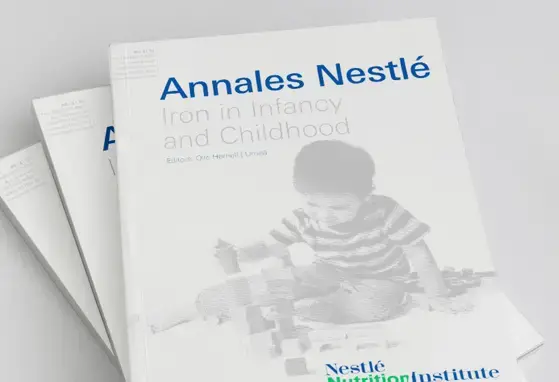Lack of understanding about allergies and maternal nutrition, Nestlé says

New research from Nestlé shows that consumers lack awareness of the importance of good nutrition during a woman's pregnancy. Only 35% of consumers surveyed were aware that a lack of carbohydrates in pregnancy could lead to complications after the child's birth, including a higher risk of the baby being born underweight and developing problems with weight gain later in childhood.
The Nestlé Foundation and ADI Foundation polled Italian consumers about maternal nutrition, and also found that just 5% were able to identify palmitic acid as the main fatty acid present in breast milk. One in three Italians were able to correctly define nutrigenomics as the science that studies the effects that foods within the body's cells.
Nestlé also asked consumers about their relationship with foodstuffs like gluten and lactose, which are often the subject of food intolerances and increasingly avoided for lifestyle reasons.
Only 14% of the sample claimed to be intolerant to lactose, but well over 85% know that this intolerance depends on a lactase enzyme deficiency.
That figure is below other surveys, including one released in April by the UK's National Osteoporosis Society that found a fifth of millennials had sought to reduce their dairy consumption. The charity warned that the move away from traditional dairy products risks leaving millions without enough calcium and could affect consumer’s bone health in later life.
As for yeast, 12% of Italians surveyed said they were intolerance, with many reporting symptoms of swelling and fatigue despite yeast intolerance being scientifically unproven.
Dr Giuseppe Fatati, president of the ADI Foundation and scientific coordinator of the study, said that the rise in self-reported food allergies – often despite a lack of strong clinical evidence or scientific recognition of the condition – was worrying.
"In recent years, the number of patients who claim to suffer from unlikely allergies or intolerances has grown," he said.
"This data must make us think it is very likely that the spread of unfounded alarm [towards some food] depends on incorrect information and diagnosis methods, which can not be the case, especially if we consider that the overweight population continues to grow."
Although Italy’s obesity problem might be considered mild in comparison to many of its neighbouring countries (it has one of the lowest rates of adult obesity in Europe), its figures for childhood obesity are among the highest in Europe.
Global obesity levels have risen from 28% in 2009 to 30% in 2016. In percentage terms, that seems like a small shift, but 2% of the global population in 2016 amounted to 148 million people – that's 148 million more people classified as obese in the space of seven years.
Dr Fatati concluded: "There is still too much confusion [around food allergies and intolerances], so a first step towards greater awareness may be to entrust a little less to personal experience and to let the doctor diagnose real pathologies."
Links : http://www.foodbev.com/news/lack-of-knowledge-about-allergies-or-maternal-nutrition-nestle-says/
If you liked this post you may also like

Navigating Allergies: The Role of Complementary Feeding in Food Allergy Prevention

Agnes Leung - Prevention of Food Allergy: Harmonizing Perspectives from the East and West - Annales Nestlé - Episode 15

Feeding Practices in the Introduction of Complementary Feeding and Implications for Future Healthy Eating

Prevention of Food Allergy: Harmonizing Perspectives from the East and West